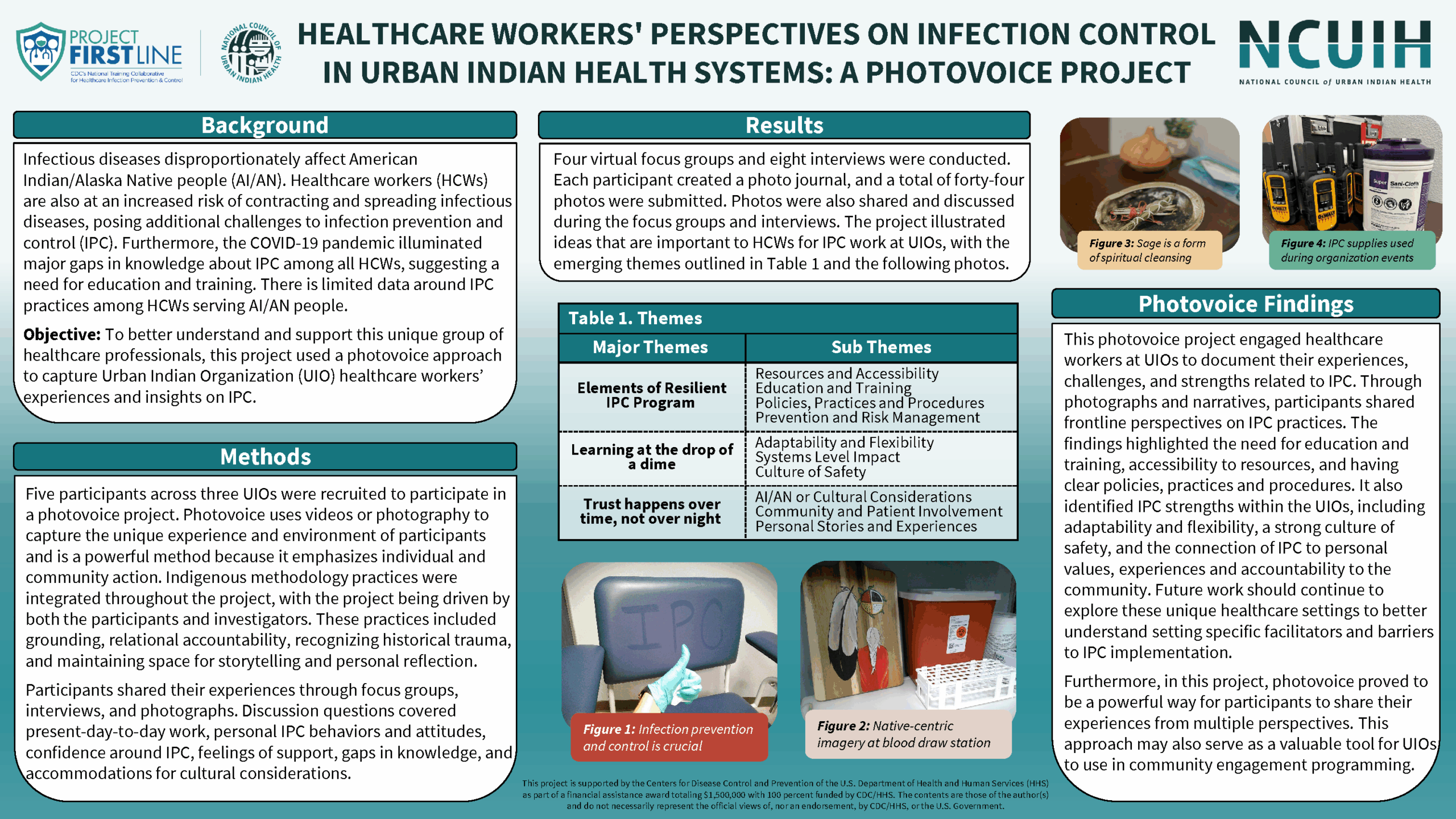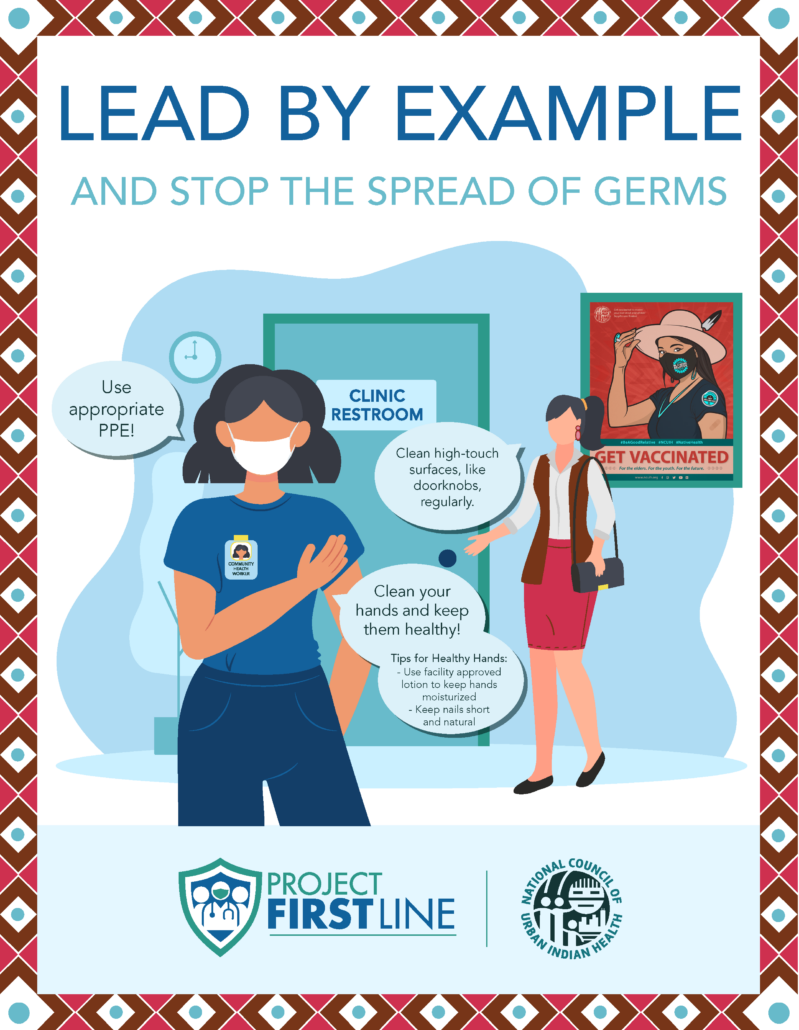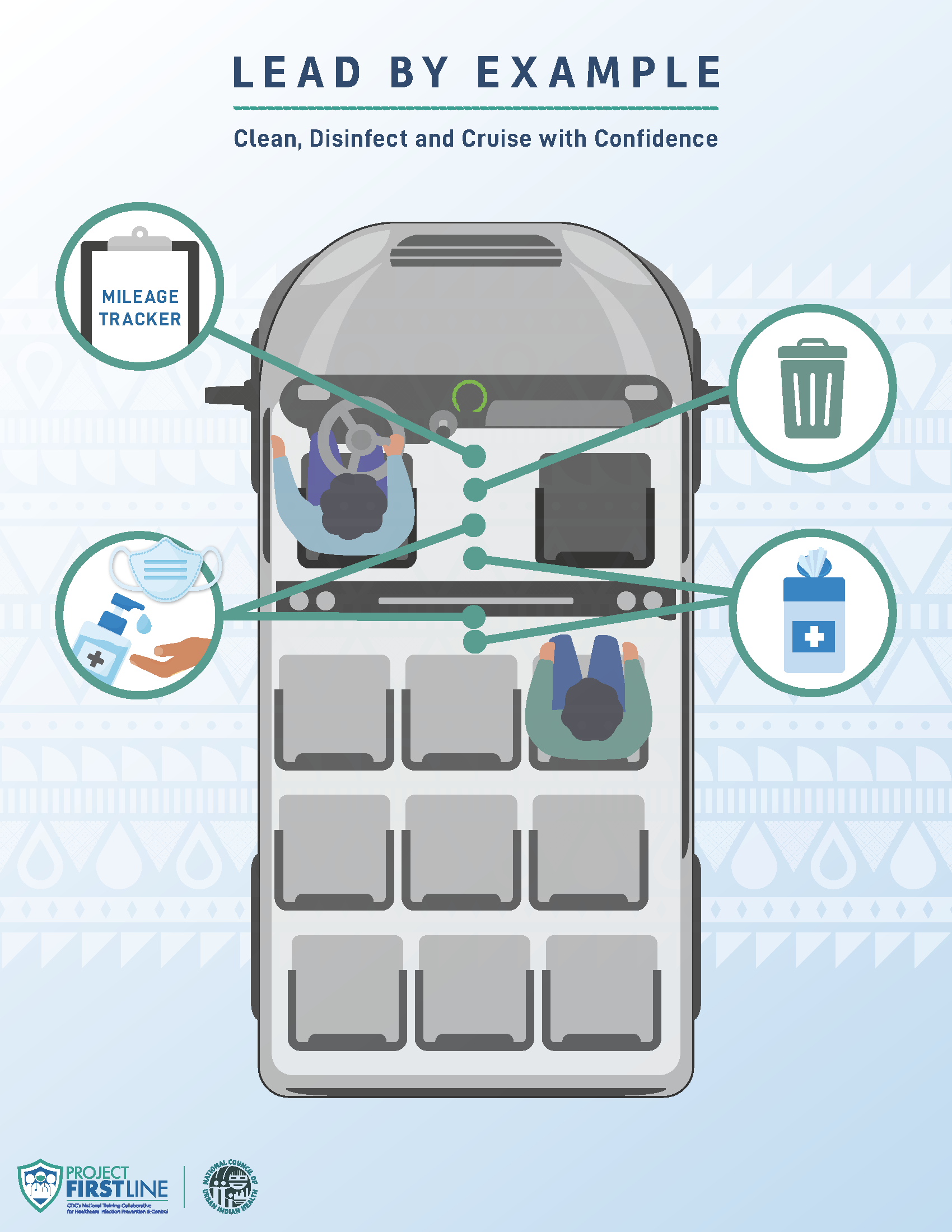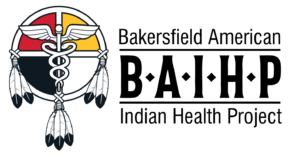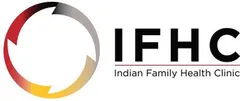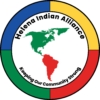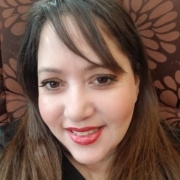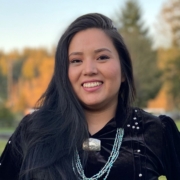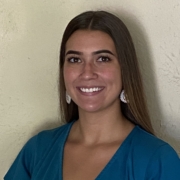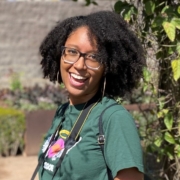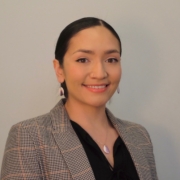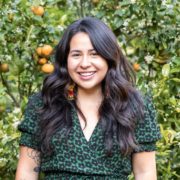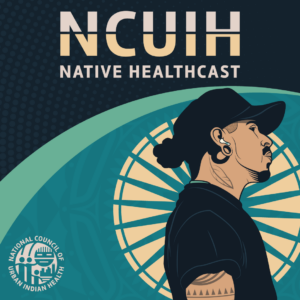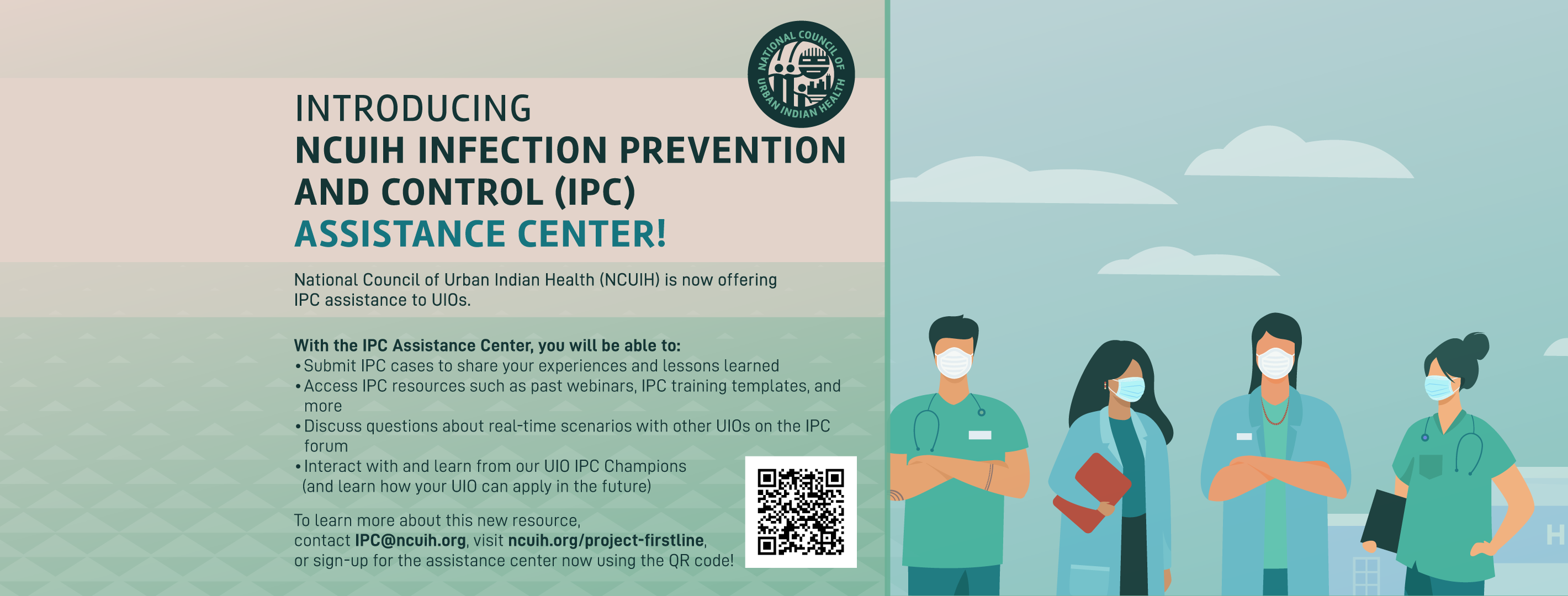Menu
- About
- Research
- Public Health
- Public Health Campaigns
- Vaccination and Immunization
- Native Health Protection Network
- Behavioral Health
- Overdose Prevention
- Maternal Health
- HIV and STI
- MMIP
- Emergency Preparedness
- COVID-19 Resource Center
- Population Health Resources
- Urban Indian Health Information Technology (HIT)
- Infection Prevention
- Policy
- Training
- Media and Events
National Council of Urban Indian Health
712 H St NE
#5030
Washington, DC 20002-3627
Phone: 202.544.0344

